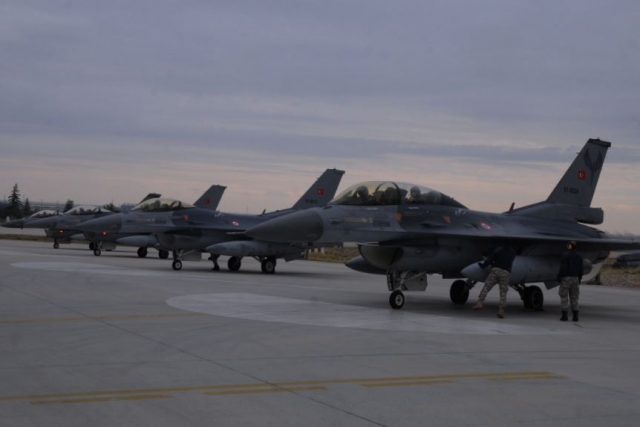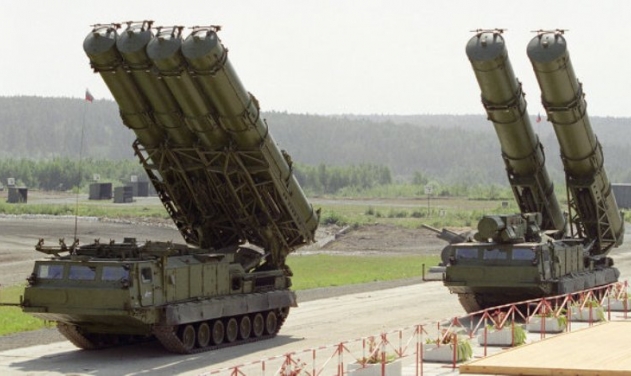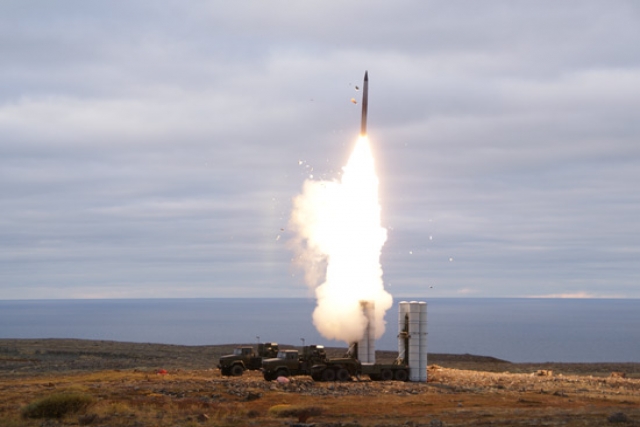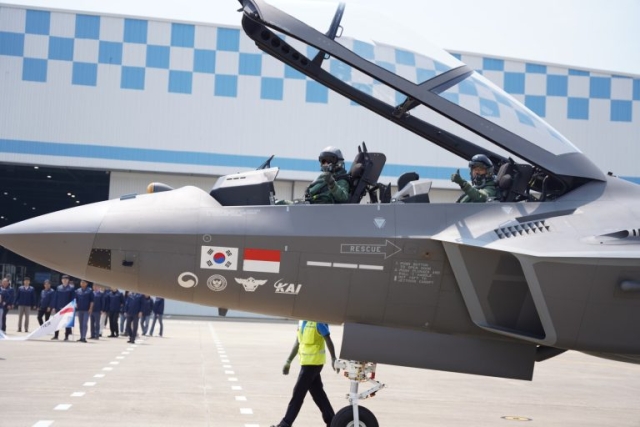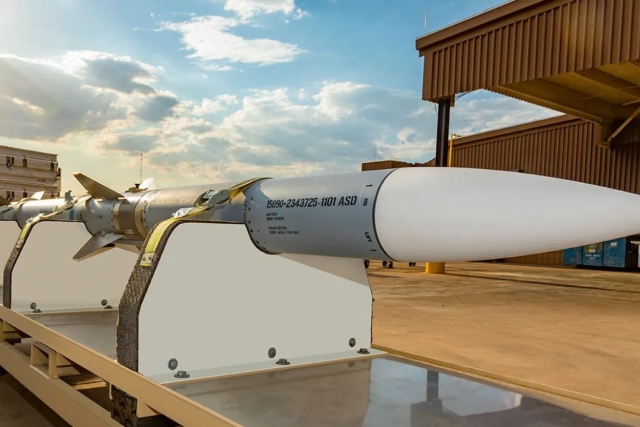U.S. Senators Oppose CAATSA Sanctions Against 'Ally' India for Russian S-400 Buy
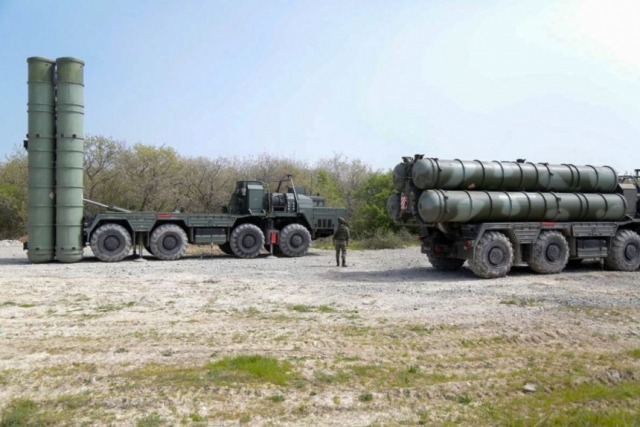
Two U.S. Senators have called for the waiving of Countering America’s Adversaries Through Sanctions Act (CAATSA) sanctions against India for its purchase of S-400 air defense systems from Russia.
In a letter addressed to President Joe Biden, U.S. Senators and India Caucus Co-Chairs Mark Warner and John Cornyn urged him to grant a national interest waiver to India. “We are concerned that the upcoming transfer of these (S-400) systems will trigger sanctions under the CAATSA, which was enacted to hold Russia accountable for its malign behaviour,” the two Senators wrote.
The senators added that while they shared the administration's concern regarding the purchase and the continued Indian integration of Russian equipment, such transactions between New Delhi and Moscow were declining. From 2016 to 2020, there was a 53% drop in India’s import of Russian arms, compared to the preceding five-year period. India has also shown interest in purchasing American equipment with sales reaching $3.4 billion in FY20.
“As such, we strongly encourage you to grant a CAATSA waiver to India for its planned purchase of the S-400 Triumf surface-to-air missile system. In cases where granting a waiver would advance the national security interests of the U.S., this waiver authority, as written into the law by Congress, allows the President additional discretion in applying the sanctions,” the letter read.
Warner and Cornyn said that the Congress established criteria for determining the appropriateness of waiving CAATSA sanctions. The Fiscal Year 2019 National Defense Authorization Act (NDAA) allows the President to issue a waiver if doing so is in the national interest and if it would not affect U.S.’ national security, its military operations and compromise its defense systems.
“We believe there is a national security imperative to waiving sanctions. Imposing sanctions at this time could derail deepening cooperation with India across all aspects of our bilateral relationship,” the senators further said.
In Turkey’s case, Washington had argued that S-400s would allow Russia to covertly obtain classified details on the F-35 jets and is incompatible with NATO systems. Irked with the U.S. imposing sanctions against it, Turkey claimed the S-400 would not be integrated into NATO systems and would not pose a threat to the alliance. Three NATO members – Greece, Slovakia and Bulgaria – are in possession of S-300 defense systems.
Earlier, Don Heflin, U.S. Chargé d’Affaires, had said that India may not be spared from sanctions. “We’re aware of reports regarding India’s plans of purchasing missiles, including the S-400 systems. Some people ask if there’s a blanker waiver for countries, which is not the case. It is on a case-by-case basis. We’ve not made any waiver determination in respect to Indian transactions with Russia,” he said during the U.S. Embassy’s conference on Aero India 2021.
After the U.S. targeted Turkey with sanctions, Christopher Ford, Assistant Secretary for International Security and Nonproliferation, warned, “We hope that other countries around the world will also take note that the United States will fully implement CAATSA Section 231 sanctions and that they should avoid further acquisitions of Russian equipment, especially those that could trigger sections (231 of CAATSA)."
